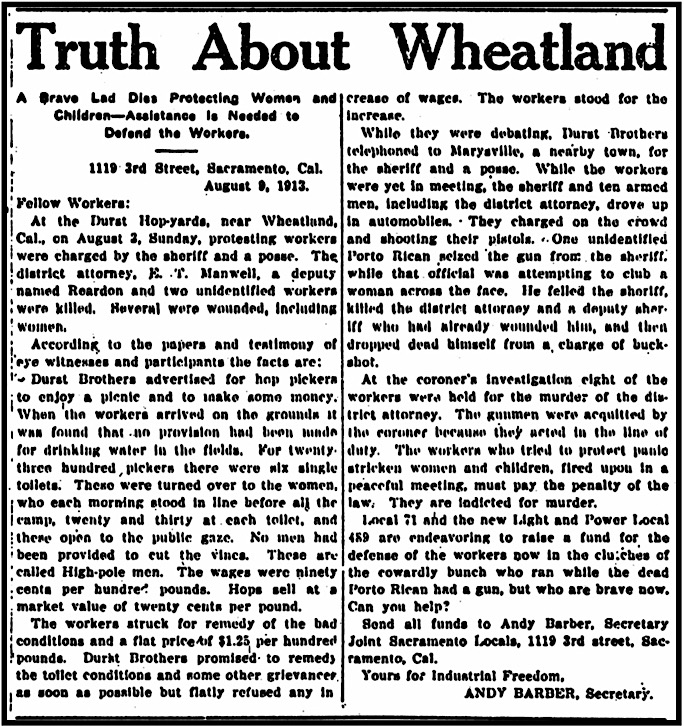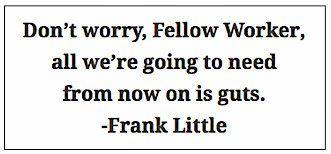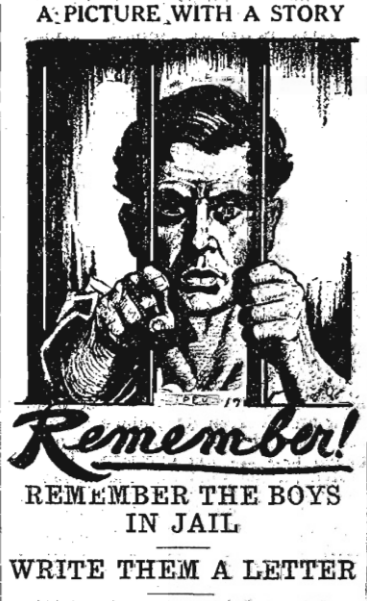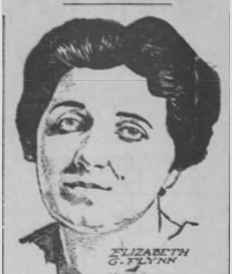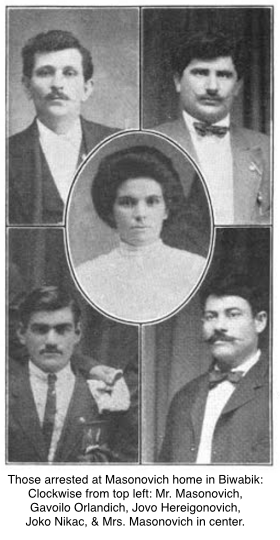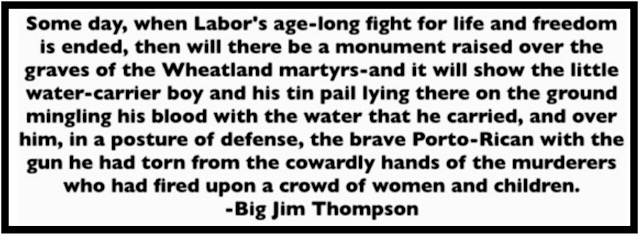 —————
—————
Hellraisers Journal – Saturday December 5, 1914
Folsom, California – Fellow Workers Ford and Suhr Arrive at State Penitentiary
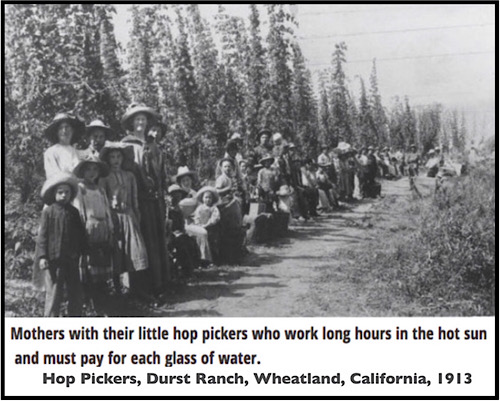
In this month’s edition of the International Socialist Review, Grace Ford, wife of Richard Ford, reflects on the loss of her husband. No, her husband is not dead, but he is now buried alive in Folsom prison along with Herman Suhr, both prisoners of the class-war in the hop fields of California.
Before we get to the article written by Mrs. Ford, we present two accounts of that sad day that Fellow Workers Ford and Suhr were taken away to begin serving life sentences at Folsom State Prison. Neither man is guilty of murder, but they stand convicted nevertheless. Their crime was attempting to organize desperate, impoverished hop pickers. The death of the District Attorney resulted from an attack made upon those hop pickers as they were peaceably assembled on their own rented property.
From the Oakland Tribune of November 15, 1914:
BEGINS LIFE TERM WHISTLING GAILY
———-
“Blackie” Ford Departs for State Penitentiary
in a Happy Mood.
———-
AUBURN, Nov. 14.-“Blackie” Ford hummed and whistled to himself in a happy mood, apparently assumed, when Sheriff O. L. Meek of Yuba county arrived here and handcuffed him to Herman D. Suhr and then departed with them for the State penitentiary at Folsom.
Ford and Suhr, I. W. W., were convicted and sentenced to life imprisonment for the murder of district attorney Edmund T. Manwell of Yuba county. The murder occurred during the Wheatland riot of August 1913.
Ford’s father-in-law and mother-in-law bade him goodby. Ford kissed them both and said he would not be in Folsom long.
GIVES AWAY SUIT.
He gave to I. E. Lamber, one of the I. W. W. leaders of Sacramento, who was present, a new suit of clothes. He said he would not have much use for them in Folsom.
Lambert said to Sheriff Meek as Meek was leading Ford from Sheriff McAulay’s office to the auto outside, “I hope the whole bunch of you break your necks on the way to Folsom.”
Lambert continued: “Blackie, you know I am your friend, but I hope you get killed before you reach Folsom. It is going to cost the State more to keep you and Suhr in Folsom the rest of your lives than the capitalists who run the State realize. Somebody besides you and Suhr is going to suffer for this.”
Ford kept up his nonchalant demeanor to the last. To a newspaper man Ford asked for a ready made cigarette, saying it might be the last he would ever get a chance to smoke.
Suhr and Ford sat in the back seat of the auto. Both had handcuffs on. Suhr was quiet and inclined to be surly. The only time he smiled was when he and Ford met again after their four months’ separation.
Ford and Suhr made no comment upon arriving at prison. They were given the regulation bath and haircut today and their finger prints and photographs were taken.
[Photographs and emphasis added.]


 —————
—————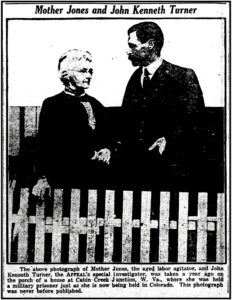
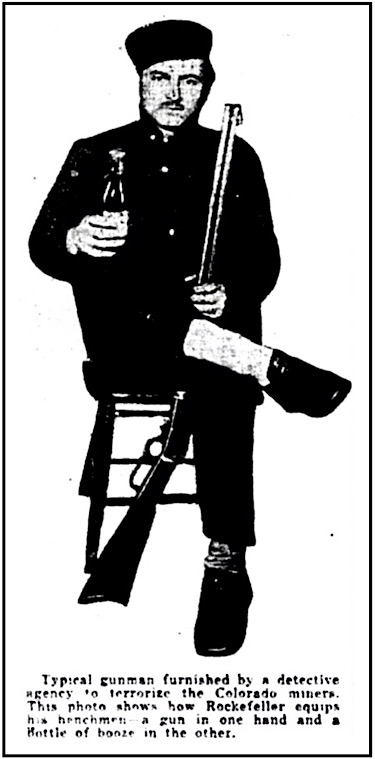
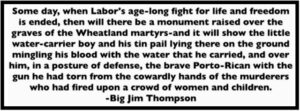 —————
—————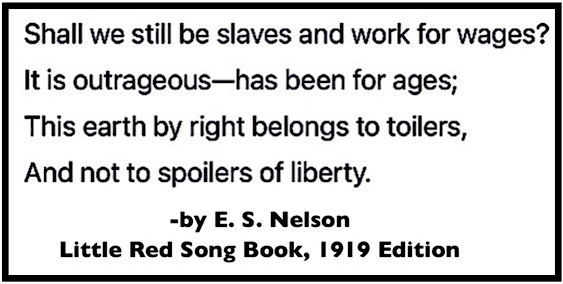 —————
————— —–
—–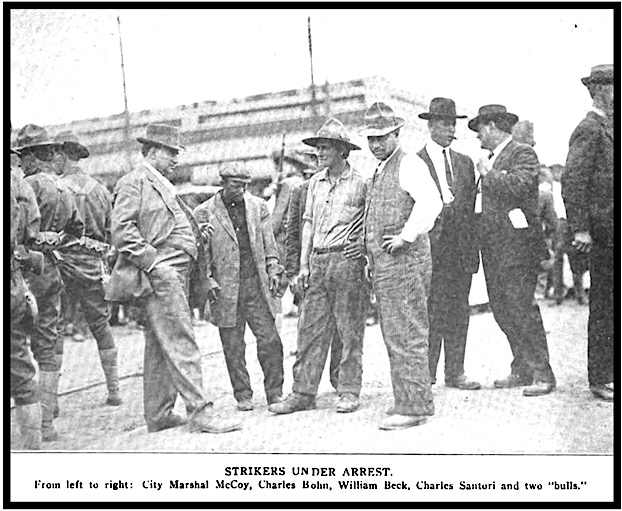
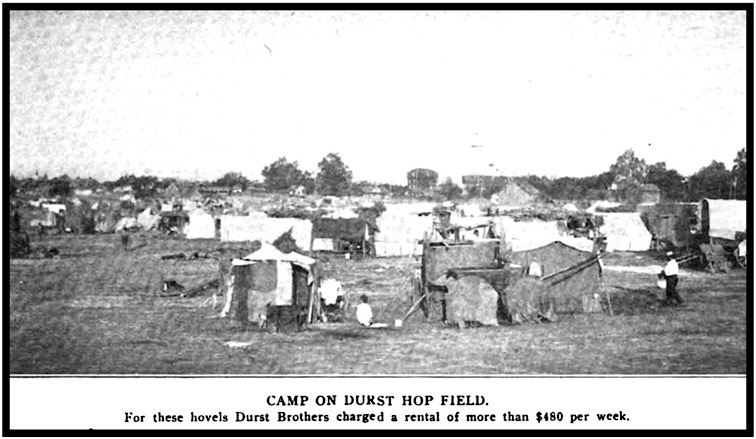
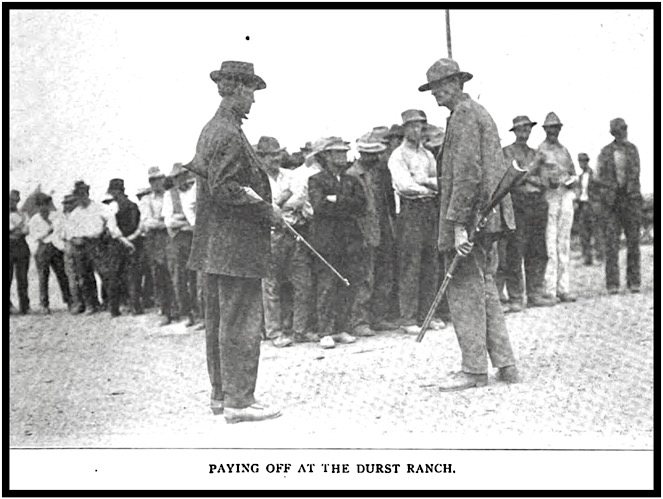
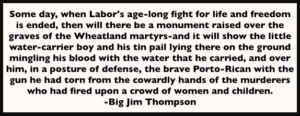 —————
—————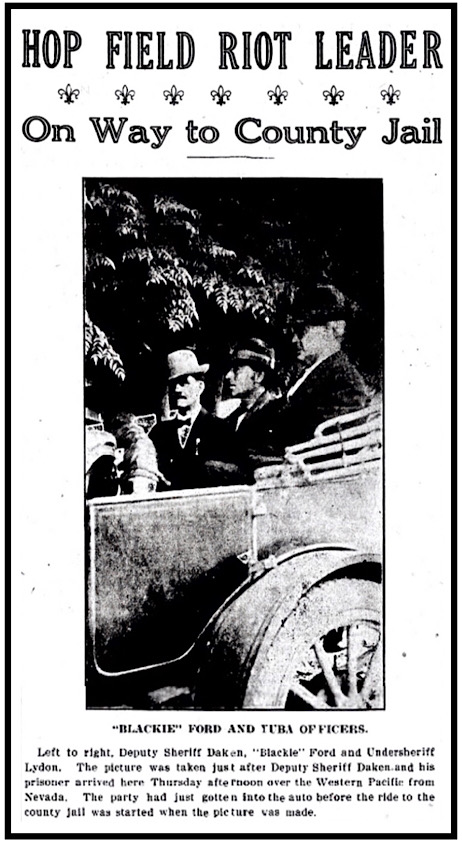
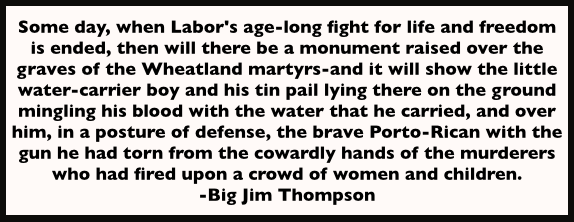 —————
—————
